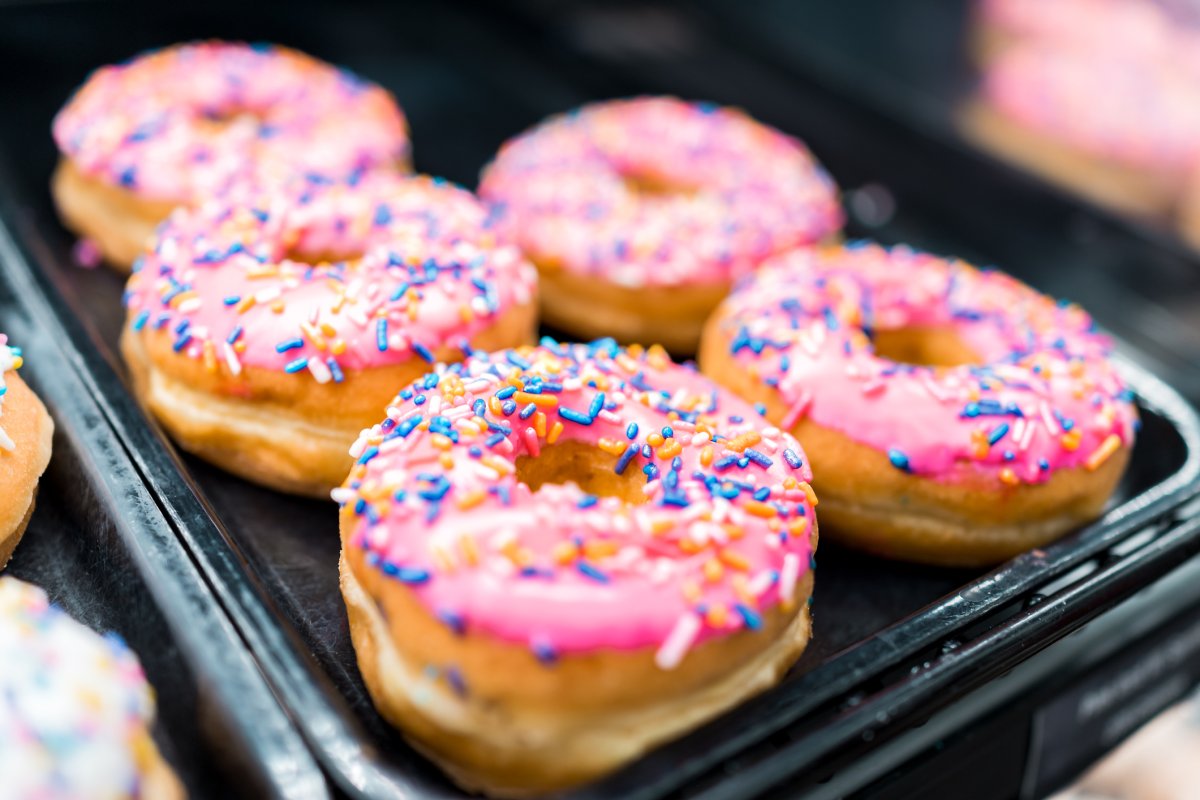Type 2 diabetes appears to be the body's reaction to an overspill of excess fat from the liver into the pancreas, researchers say after observing the process for the first time.
"This means we can now see Type 2 diabetes as a simple condition where the individual has accumulated more fat than they can cope with," said co-author of the research Roy Taylor, a professor of medicine and metabolism who led a team of researchers at Newcastle University in the U.K.
According to the U.S. Centers for Disease Control and Prevention (CDC), around one in ten Americans (more than 30 million people) have diabetes. The vast majority (90-95 percent) have Type 2 diabetes, a condition that inhibits the body's ability to respond to insulin.
This research, published in the journal Cell Metabolism, appears to confirm a hypothesis first suggested more than a decade ago: the Twin Cycle Hypothesis. It proposes that the disease is the result of excess fat in the liver and pancreas.
"We saw that when a person accumulates too much fat, which should be stored under the skin, then it has to go elsewhere in the body," Taylor said in a statement. "The amount that can be stored under the skin varies from person to person, indicating a 'personal fat threshold' above which fat can cause mischief."
"When fat cannot be safely stored under the skin, it is then stored inside the liver, and over-spills to the rest of the body including the pancreas," he added. "This 'clogs up' the pancreas, switching off the genes which direct how insulin should effectively be produced, and this causes Type 2 diabetes."
But it can be reversed. A healthy and restricted diet plan can lead to weight loss and, ultimately, to remission, the researchers found. According to Taylor, this treatment is more effective the sooner the plan is implemented after diagnosis.
The researchers came to these conclusions after a study tracking the weight loss of (mostly Caucasian) adults who had been diagnosed with Type 2 diabetes. The group was put on a restricted calorie (825-853 calories a day) liquid diet for three to five months. This was followed up with a short food reintroduction phase of two to six weeks and support for a period of up to 24 months. Their progress was measured with a series of metabolic tests: the first at baseline, the second at five months, a third at 12 months and the final test at 24 months.
Over the two years, the majority—almost 90 percent—saw their condition reverse. But there was a small group of people who regained the weight and developed Type 2 diabetes for a second time.
According to the researchers, both groups achieved initial weight loss but there were "more modest" changes in VLDL1-TG production rate among those who went on to put the weight back on, as well as smaller changes in plasma concentrations of VLDL1-TG and intra-pancreatic fat.
VLDL1-TG is a "bad" type of cholesterol (or blood fat) that can clog up the arteries and cause heart attacks.
There were limitations to the research, including a lack of diversity in the study population—the group was made up of white people recruited from the local community. As the study's authors point out, the results show a close association and correlation rather than cause and effect relationships—"although the coherent temporal patterns we report in both remission and reversal of type 2 diabetes suggest causality," they add.
Next year, the researchers plan to use the weight loss program described in the study to help up to 5,000 people in England (plus more in Scotland) lose weight and manage Type 2 diabetes in a pilot scheme to be rolled out by the U.K.'s National Health Service.
Worldwide, the incidence of diabetes is on the up and the condition was listed as a top 10 killer in 2016, causing 1.6 million deaths. That compares to fewer than a million in 2000. According to the World Health Organization (WHO) the number of people with diabetes has more than tripled since 1980, rising from 108 million in 1980 to 422 million in 2014.

Uncommon Knowledge
Newsweek is committed to challenging conventional wisdom and finding connections in the search for common ground.
Newsweek is committed to challenging conventional wisdom and finding connections in the search for common ground.
About the writer
To read how Newsweek uses AI as a newsroom tool, Click here.








